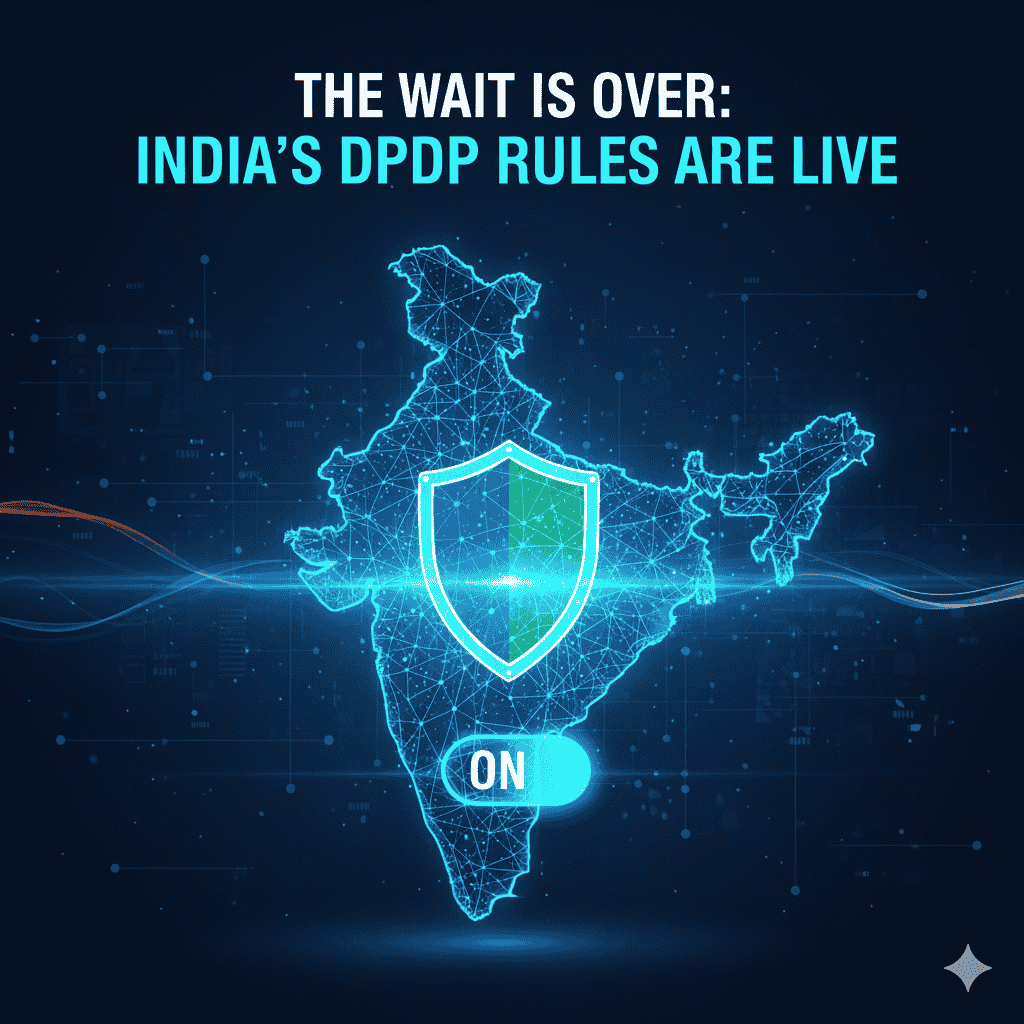Email marketing remains one of the most effective digital marketing strategies, especially for beginners looking to build relationships with their audience. With numerous platforms available, choosing the right one can feel overwhelming. This article will simplify the process, presenting the best email marketing software tailored for beginners.
Why Email Marketing?
Before diving into the software, let’s explore why email marketing is crucial.
- Direct Communication: Email allows businesses to communicate directly with their audience.
- Cost-Effective: Compared to traditional advertising, email marketing has a low cost with high ROI.
- Personalization: Tailored messages can increase engagement and conversion rates.
- Measurable Results: Track open rates, click-through rates, and conversions to analyze performance.
Essential Features to Look For
When choosing email marketing software, especially as a beginner, consider the following features:
- User-Friendly Interface: The software should be intuitive and easy to navigate.
- Drag-and-Drop Editor: Simplifies the design of emails without requiring coding skills.
- Templates: Pre-designed templates can save time and aid creativity.
- Automation: Helps in sending automated follow-up sequences to engage leads.
- Analytics: Provides insights to help optimize and refine campaigns.
Top Email Marketing Software for Beginners
1. Mailchimp
Overview: Possibly the most well-known email marketing platform, Mailchimp is user-friendly and offers a generous free plan.
Key Features:
- Drag-and-drop editor with customizable templates.
- Extensive integration options with other tools.
- Basic automation features in the free plan.
- Detailed analytics and reporting.
Best For: Beginners who want a free option with scalability.
2. Sendinblue
Overview: Sendinblue combines email marketing with SMS campaigns, making it versatile for different outreach strategies.
Key Features:
- A simple drag-and-drop builder for emails.
- Advanced automation options for drip campaigns.
- Comprehensive analytics dashboard.
- Free tier includes 300 emails per day.
Best For: Those interested in multi-channel marketing.
3. Constant Contact
Overview: Tailored for small businesses, Constant Contact provides excellent support and resources for beginners.
Key Features:
- Easy-to-use email builder with templates.
- List segmentation for targeted campaigns.
- Social media integration.
- In-depth reporting to track campaign performance.
Best For: Businesses looking for strong customer support.
4. ConvertKit
Overview: Initially designed for bloggers and creators, ConvertKit is great for those focusing on content-driven email campaigns.
Key Features:
- Visual automation builder allowing complex email sequences.
- Customizable landing pages and forms.
- Subscriber tagging for better targeting.
- Straightforward pricing based on subscribers.
Best For: Bloggers and content creators.
5. Aweber
Overview: A veteran in the email marketing space, Aweber boasts a simple interface and solid customer support.
Key Features:
- Wide selection of templates and an easy editor.
- Automation tools for sequences and broadcasts.
- Subscriber management with tagging.
- Built-in analytics.
Best For: Users prioritizing customer service.
6. HubSpot Email Marketing
Overview: Part of the larger HubSpot suite, their email marketing tool is powerful and integrates well with CRM solutions.
Key Features:
- Easy-to-use email builder with pre-made templates.
- Built-in personalization features.
- Advanced segmentation and analytics tools.
- Free tier with essential features for small users.
Best For: Those looking to integrate with a comprehensive marketing suite.
Conclusion
As a beginner, entering the world of email marketing can seem daunting. However, with the right software, you can easily create effective campaigns that resonate with your audience. By considering your specific needs—whether it’s design flexibility, automation capabilities, or customer support—you’ll find a platform that works for you.
Remember, the key to successful email marketing is not only picking the right software but also creating valuable content that engages your subscribers. Happy emailing!









